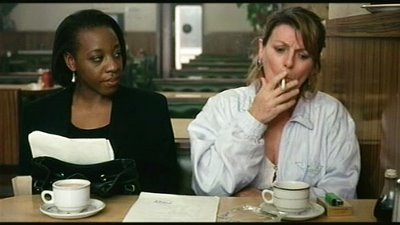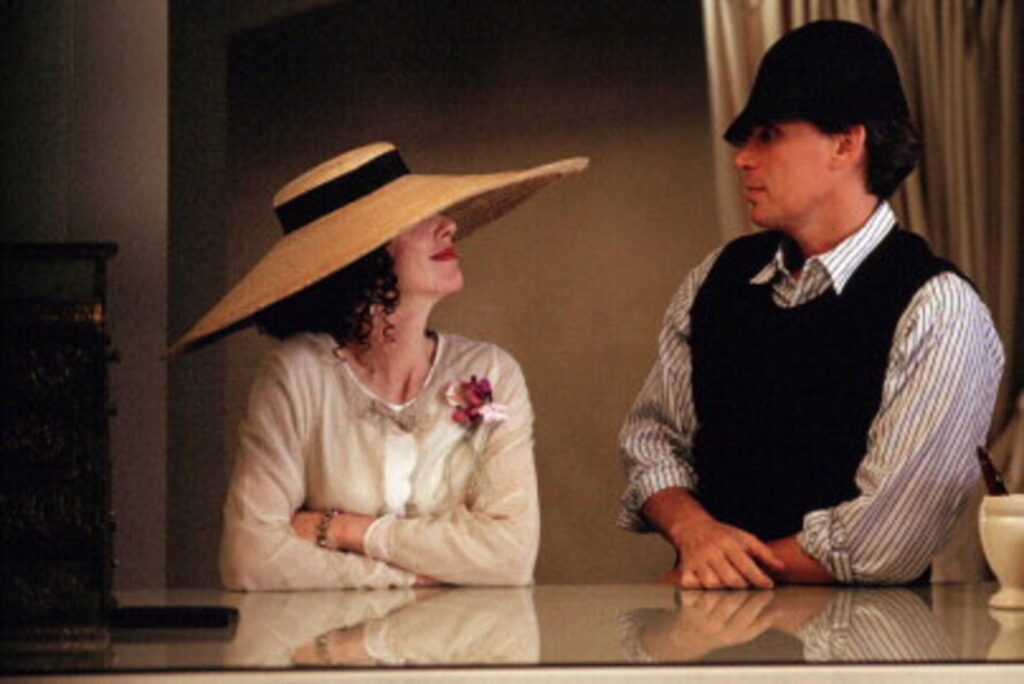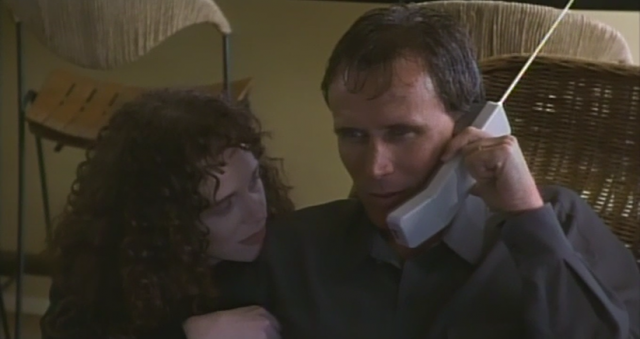Trevor Vartanoff, one of the frequenters of this web site, has just come up with an invaluable gift to me and to others — an alphabetical master index of all (or almost all) the postings here, complete with links. .#.(2024): Ooops. Here’s the correct link to the other link: https://jonathanrosenbaum.net/2023/09/a-master-index-to-this-site-with-links-as-of-october-1-2012/
***
Featured Texts:
*Corpus Callosum
*CORPUS CALLOSUM
12 Monkeys
12 and Holding
15th Annual Festival of Illinois Film and Video
2 Oxford Companion Entries (Albert Brooks and découpage)
2 or 3 Things I Know About Her
2001: A Space Odyssey
2046
20th International Tournee of Animation
29th Chicago International Film Festival: Mired in the Present
4 Little Girls
4
60s Wisdom
7 Women
8 1/2
8 Mile
84 Charlie Mopic
9 1/2 Weeks with Van Gogh
A Bankable Feast [BABETTE’S FEAST]
A Beauty and a Beast
A Bluffer’s Guide to Bela Tarr
A Breakthrough And A Throwback
A Brief History of Time
A Brighter Summer Day
A Bronx Tale
A Christmas Commodity: SCROOGED
A Cinema of Uncertainty
A Constant Forge
A Couple of Kooks [MY BEST FIEND]
A Cut Above [HENRY: PORTRAIT OF A SERIAL KILLER]
A Depth in the Family [A HISTORY OF VIOLENCE]
A Dialogue about Abbas Kiarostami’s SHIRIN
A Different Kind of Swinger [GEORGE OF THE JUNGLE]
A Different Kind of Thrill (Richet’s ASSAULT ON PRECINCT 13)
A Dry White Season
A Family Thing
A Far Off Place
A Few Eruptions in the House of Lava
A Few Things Well [A LITTLE STIFF]
A Film of the Future
A Fish Called Wanda
A Force Unto Himself [on Hou Hsiao-hsien]
A Great Day in Harlem
A History of Violence
A Home of Our Own
À la recherche de Luc Moullet: 25 Propositions
A Little Transcendence Goes a Long Way
A Lucky Day
A Major Talent [on SWEETIE]
A Man Escaped
A Midnight Clear
A Moment of Innocence
A New Leaf
A Nightmare on Elm Street 4: The Dream Master
A Page of Madness
A Perfect World
A Perversion of the Past
A Place Called Chiapas
A Place in the Pantheon: Films by Bela Tarr
A Place in the World
A Price Above Rubies
A Prophet in His Own Country [Jon Jost retrospective]
A Quirky Cowboy Classic [on THE THREE BURIALS OF MELQUIADES ESTRADA]
A Radical Idea [HALF NELSON & THIS FILM IS NOT YET RATED]
A Road Not Taken (The Films of Harun Farocki)
A Room With No View [ORPHANS]
A Russian in Hollywood [SHY PEOPLE]
A Scanner Darkly
A Short Film About Killing and A Short Film About Love
A Single Girl
A Soldier’s Daughter Never Cries
A Stylist Hits His Stride (ETERNAL SUNSHINE OF THE SPOTLESS MIND)
A Tale of Love
A Tale of Winter
A Tale of the Wind
A Tale of the Wind
A Thousand Words
A Time of Love
A Time to Lie (CROSS MY HEART)
A Time to Live and a Time to Die
A Touch of Class [GOSFORD PARK]
A Woman’s Tale
A World Apart
A Year at the Movies
A Zed and Two Noughts
A.I. Read more

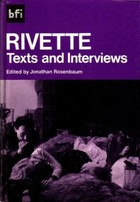
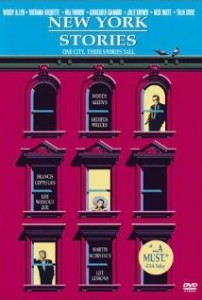
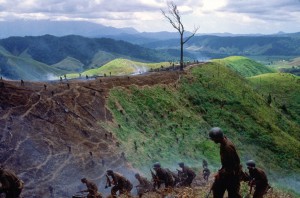
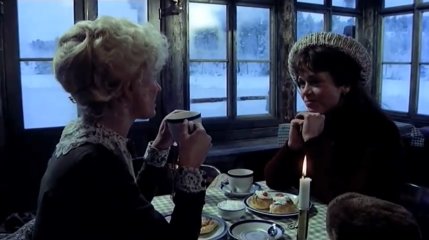
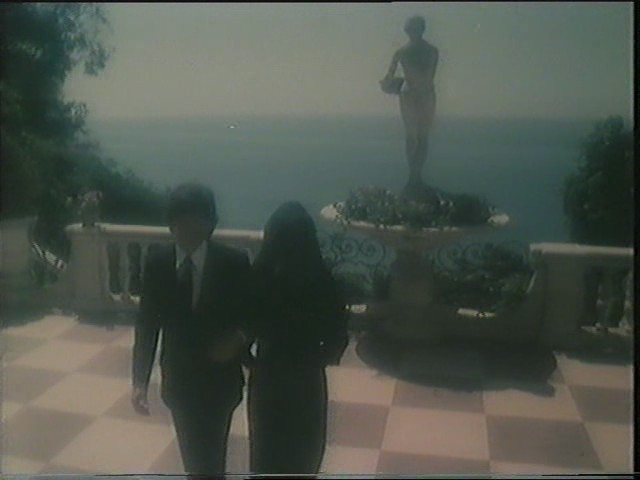

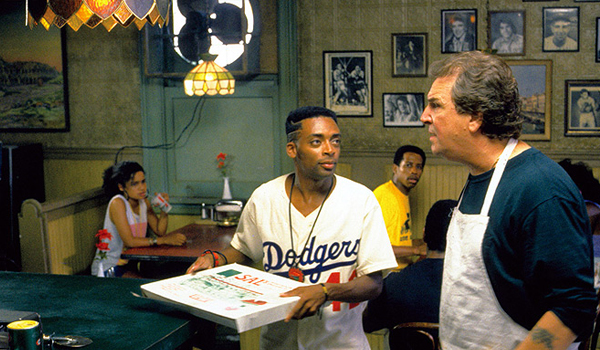
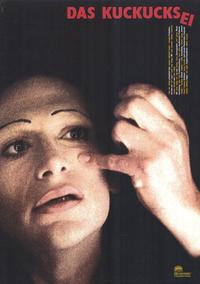

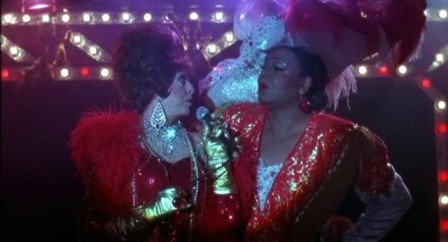
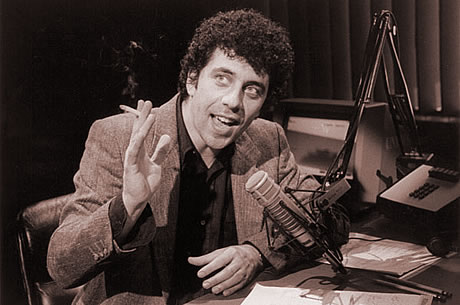

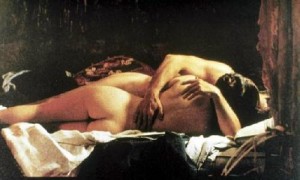

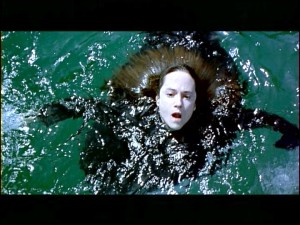
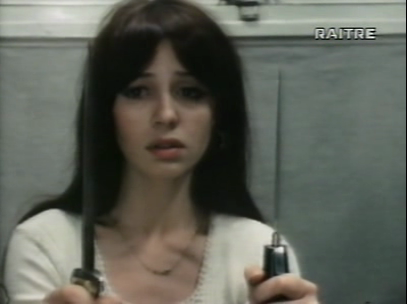
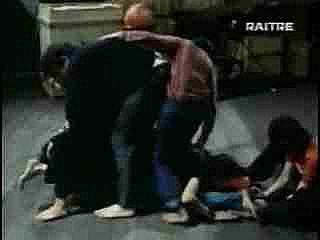



 Gerard Mordillat’s 1993 French feature My Life and Times With Antonin Artaud, showing this week at the Music Box, can be regarded only nominally as a biopic. Adapted from the diary of an obscure poet, En compagnie d’Antonin Artaud (which is also the film’s original, superior title), it tells the story of the poet’s relationship with Artaud over a two-year period, from May 1946 to March 1948, when Artaud died at the age of 52. In 1946 Artaud had just returned to Paris after nine years in an insane asylum, and Jacques Prevel befriended him and procured drugs for him, mainly laudanum, opium, and chloral. But the film has relatively little to say about Artaud’s work, except in passing, and virtually nothing about Prevel’s writing apart from his diary. Shot in beautiful, crisp high-contrast black and white, the movie certainly has something to do with the “life and times” of this bohemian duo — and Sami Frey and Marc Barbe do creditable jobs as Artaud and Prevel.
Gerard Mordillat’s 1993 French feature My Life and Times With Antonin Artaud, showing this week at the Music Box, can be regarded only nominally as a biopic. Adapted from the diary of an obscure poet, En compagnie d’Antonin Artaud (which is also the film’s original, superior title), it tells the story of the poet’s relationship with Artaud over a two-year period, from May 1946 to March 1948, when Artaud died at the age of 52. In 1946 Artaud had just returned to Paris after nine years in an insane asylum, and Jacques Prevel befriended him and procured drugs for him, mainly laudanum, opium, and chloral. But the film has relatively little to say about Artaud’s work, except in passing, and virtually nothing about Prevel’s writing apart from his diary. Shot in beautiful, crisp high-contrast black and white, the movie certainly has something to do with the “life and times” of this bohemian duo — and Sami Frey and Marc Barbe do creditable jobs as Artaud and Prevel. 


